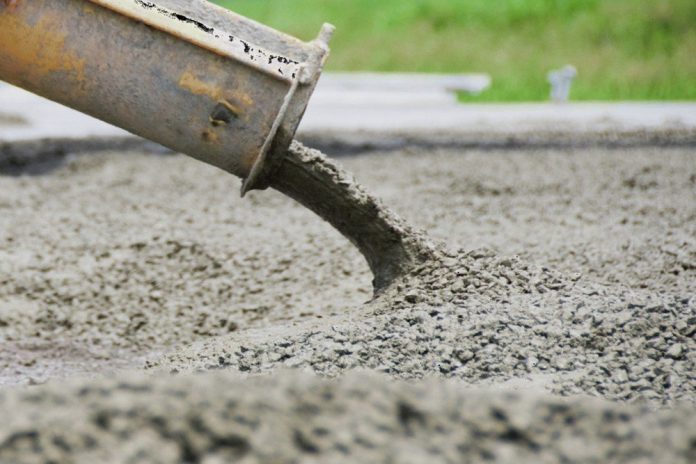LAHORE: Cement makers have decided to increase Rs15 per bag in the northern region amid monsoon season and the government transition that has caused construction activity to slow down, Pakistan Today has learnt reliably.
Industry sources told Pakistan Today the increase in prices that may not translate into margins accretion in the backdrop of rising costs as the power transition and subsequent changes in macro policy framework poses a major concern for the cement industry. Cement players in the northern region have already increased prices by Rs25 to Rs30 per bag during July where current price range hovers around Rs535-570 per bag. On the other hand, prices in the southern region remained stable at Rs 570-605 per bag.
Sources believe the uptrend in prices may not sustain for long. Besides, new supply additions in both the North and South may put further pressurise price sustainability in the coming months.
Pointing demand-supply hiccups ahead, they said that 30 to 35 per cent demand has been coming from public infrastructure activity that was almost stuck up before. Whereas on the other hand, overall demand dynamics may get vulnerable depending on the policies and focus on infrastructure development of the upcoming government. They added that the risk of apparent slash in Public Sector Development Programme (PSDP) allocation from the Budget 2019 remains high following the need to curtail fiscal deficit.
Moreover, rising interest rate cycle may likely to slow down the pace of private sector construction activity, at least in the first half of the present fiscal. Experts expect the local demand growth to drop to 8 per cent from 15.4 per cent growth seen in last fiscal. Exports, on the other hand, may remain stronger compared to the past few years, given recent rupee devaluation. They were of the view that with a slower pace of demand growth and pick up in supply additions, industry utilisation is all set to drop from 93 per cent to 81 per cent.
Pointing the host of budgetary measures including increased Federal Excise Duty (FED), reduction in coal import duty, an extension of supertax, the gradual reduction in corporate tax rate, reduction in mandatory payout requirement, an extension of tax credit relief, and change in recognition of depreciation allowance has affected the sector negativity.
Sources further added that the impact of the previous price increase had partially offset the impact of higher coal prices. They said that the possibility of further price increase is likely in the northern region which has been plagued by a price-war like situation for the past few months, to be adjusted on a weekly basis, while the southern region would follow suit.
Sources believe that the impact of the recent price increase would partially offset the impact of higher coal prices that has been trading at $98.5 per tonne and 5.1 per cent rupee devaluation on fiscal 2018 margins and earnings of cement companies.
They said dispatches in June 2018 were the lowest in 12 months. This was the only month in which total dispatches were just below 3 million tonnes. However, at 2.9 million tonnes, this was still 9.25 per cent higher than June 2017. During the remaining 11 months, dispatches breached the 4 million tonnes level three times and remained much above 3 million tonnes in the remaining 8 months.
It is pertinent to mention that the industry increased its production capacity by 6.58 per cent during 2017-18 and its capacity utilisation stood at 92.82 per cent, the highest since 1992-93 when its total production capacity was only 8.89 million tonnes compared with 49.44 million tonnes in 2017-18.




